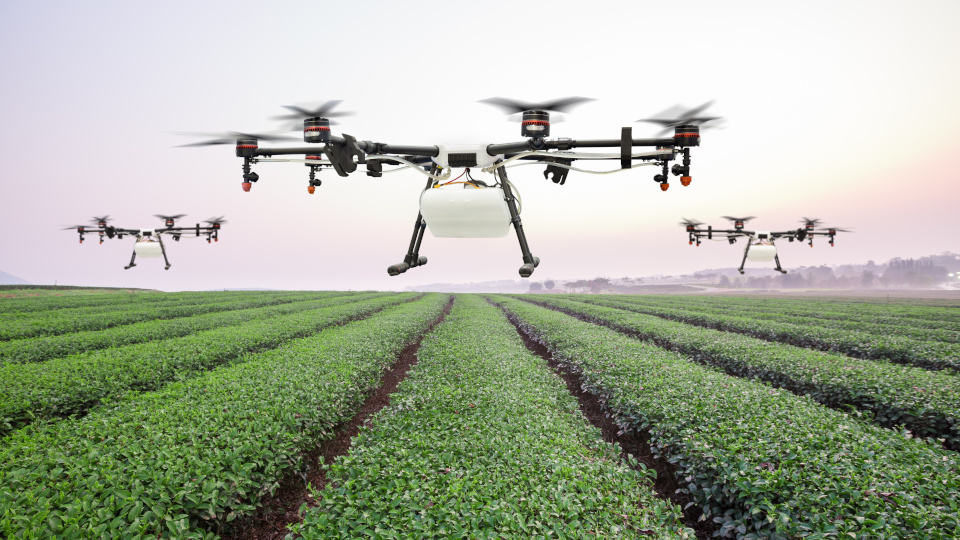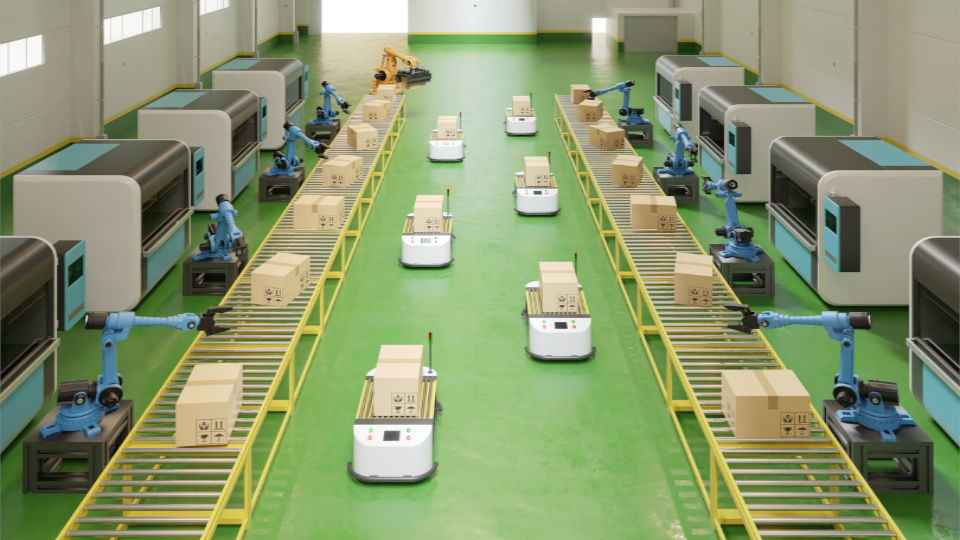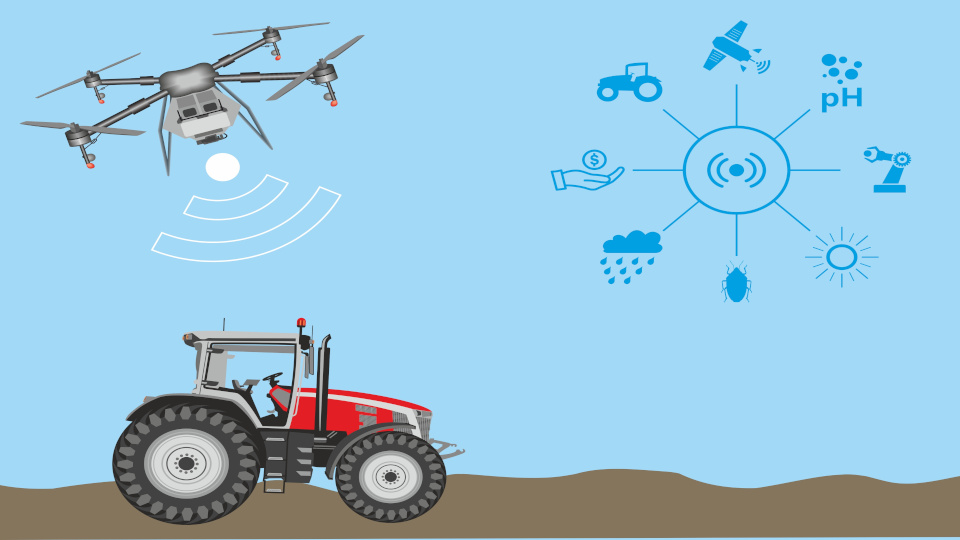WP4 - Multi-Agent Systems Robustness
Dernière mise à jour :
 We are interested in autonomous network / swarm systems. Let us mention the autonomous vehicles in convoy, or in the agricultural context, the swarms of light rovers for the maintenance and monitoring of the vines. Let us also mention the drone swarms of which several partners are specialists.
We are interested in autonomous network / swarm systems. Let us mention the autonomous vehicles in convoy, or in the agricultural context, the swarms of light rovers for the maintenance and monitoring of the vines. Let us also mention the drone swarms of which several partners are specialists.
In a distributed context, decision is a problem in itself (e.g. election algorithm, naming, etc.), with mobile agents or not, with partial or even unreliable information / information sharing and synchronisation.
 Machine learning to improve the robustness of systems and increase their adaptability is an interesting avenue. It is interesting to move towards a structuring of the architectures of distributed deep learning systems (possibly online) on the basis of models implementing different communication schemes and autonomous multi-agent systems. Distributed reinforcement learning, in which agents can act cooperatively, competitively, or exhibit neutral behaviours, is an avenue to explore as well. To manage large systems, techniques based on game theory and distributed decision can be useful to model and optimise the overall behaviour of the system.
Machine learning to improve the robustness of systems and increase their adaptability is an interesting avenue. It is interesting to move towards a structuring of the architectures of distributed deep learning systems (possibly online) on the basis of models implementing different communication schemes and autonomous multi-agent systems. Distributed reinforcement learning, in which agents can act cooperatively, competitively, or exhibit neutral behaviours, is an avenue to explore as well. To manage large systems, techniques based on game theory and distributed decision can be useful to model and optimise the overall behaviour of the system.
 WP4 aims to apply this in particular to heterogeneous networks grouping drones and robots for example (coordinated navigation). ROBSYS is the opportunity to group converging projects: the ground robot / drone fleet developed by PROGRESS team, and the coupling of the E-TRACT robot / exploration drone in collaboration with the University of Limoges with regional funding (see WP6 on agricultural robots for E-TRACT description). The point here is to use the drone for exploration by preceding the robot in its movements. We will also explore convoy issues, in particular in WP5 - Intelligent Transport Systems/Cyber-Physical System Communication in collaboration with the Intelligent Transport Chair.
WP4 aims to apply this in particular to heterogeneous networks grouping drones and robots for example (coordinated navigation). ROBSYS is the opportunity to group converging projects: the ground robot / drone fleet developed by PROGRESS team, and the coupling of the E-TRACT robot / exploration drone in collaboration with the University of Limoges with regional funding (see WP6 on agricultural robots for E-TRACT description). The point here is to use the drone for exploration by preceding the robot in its movements. We will also explore convoy issues, in particular in WP5 - Intelligent Transport Systems/Cyber-Physical System Communication in collaboration with the Intelligent Transport Chair.
Teams involved
LABRI PROGRESS / ONERA / IMS CRONE

